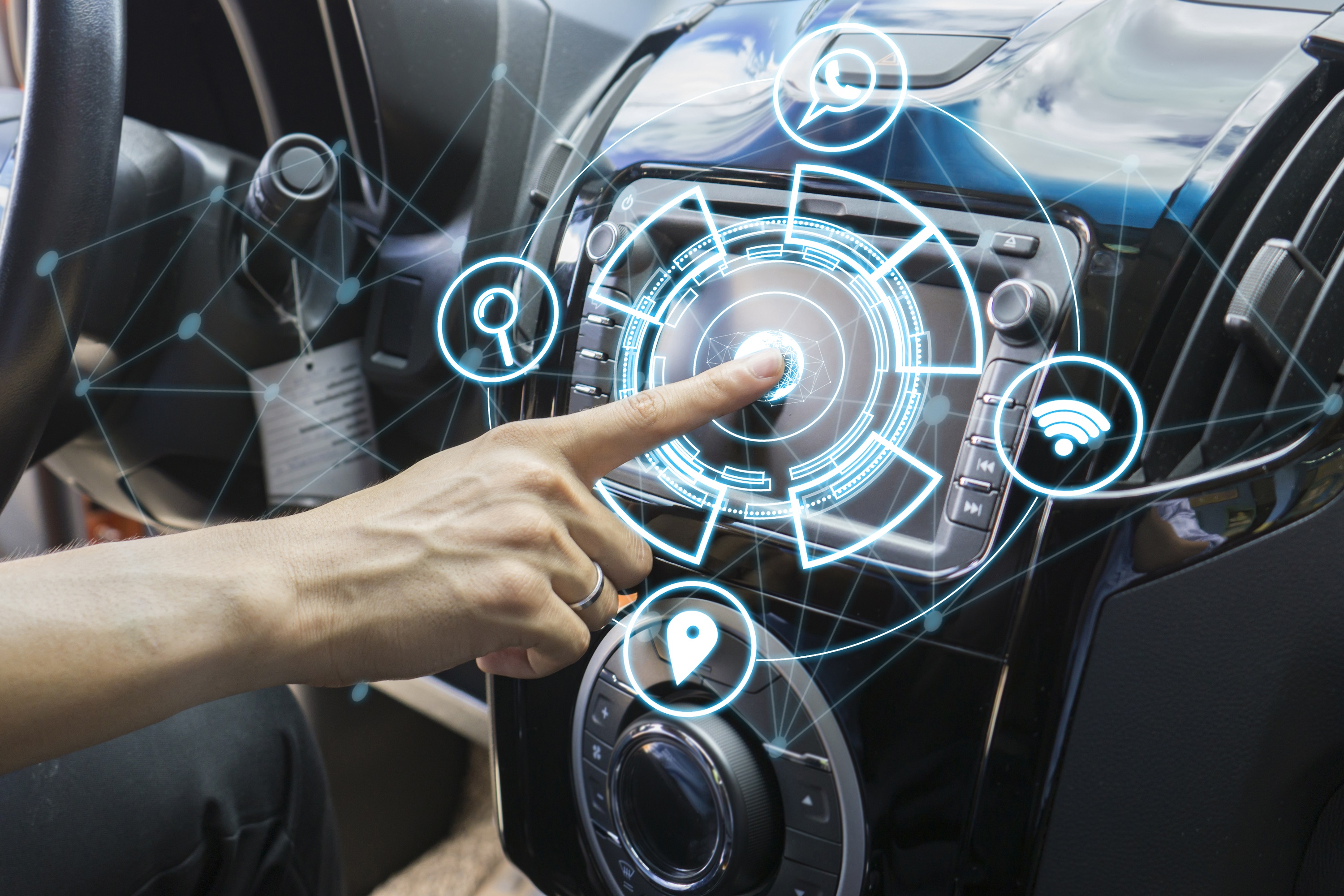The IoT Landscape in Indonesia : An Overview
The Internet of Things (IoT) is a network that allows objects to communicate with each other and accomplish tasks remotely. IoT hardware comprises wireless sensors, computer devices, software, applications, etc. For example, smart parking uses IoT to save fuel, time, space, and energy by achieving optimal and denser parking. Read further about the IoT landscape in Indonesia.
Hardware and software elements have to come together at the same time but not necessarily at the same place for IoT to function seamlessly. One can imagine it as a massive digital logistics exercise. If realized optimally, it can make the lives of millions on the planet better.
In emerging nations, the IoT tech is in the nascent stages of development. The Indonesian government sees a huge potential in this technology and has invested billions of dollars to enhance it. The country is already using IoT in several industries such as manufacturing, medical sector, agriculture, insurance, banking and security, real estate, etc. It has also been taking serious measures in educating the citizens on this novelty technology.

The IoT Landscape in Indonesia
Jakarta has been declared a Smart City. Indonesia’s efforts in developing real-time applications using IoT in its smart capital are visible through many forums.
- Jakarta One Card: This is a unified payment card that uses IoT and allows the citizens to make payments for public transport, supermarkets, parking meters, health insurance, etc. This card has been in use since 2017.
- City Surveillance System: Police departments are short-staffed in metropolises across the world. Indonesia is attempting an IoT and an AI-powered system that makes the information from thousands of surveillance cameras easily accessible and provides physical security to citizens. Sensors and cameras can be used to analyze dense crowds for potential threats.
Also Read: IoT in Indonesia to be Worth $30 Billion by 2022
- Dump Truck Trackers: Unmonitored dump truck drivers would digress from predetermined routes frequently, making the system extremely inefficient. The Jakarta Provincial Government has now installed GPS trackers that provide 24-hour route updates of government dump trucks.
- Smart Street Lights: The country’s high electricity consumption needed to be reduced; street lights consume tens of thousands of units but are essential. A middle ground was achieved when in 2016, the authorities installed smart lamps across the cities. These lamps can be turned on and off remotely and can send updates when they need replacement.
- Smart Parking: Jakarta grapples with a parking problem every day. The automotive sector has an annual growth rate of 12% in the capital city, which has resulted in an acute parking shortage. The city authorities are trying to counter this problem through smart parking. Smart parking is already revolutionizing the parking scene in Indonesia. This technology has managed to accommodate more vehicles in a tight space by leveraging IoT.
As the country continues to employ IoT in several areas, it’s becoming a serious contender in the smart city race. This is it from the overview of the IoT landscape in Indonesia.

